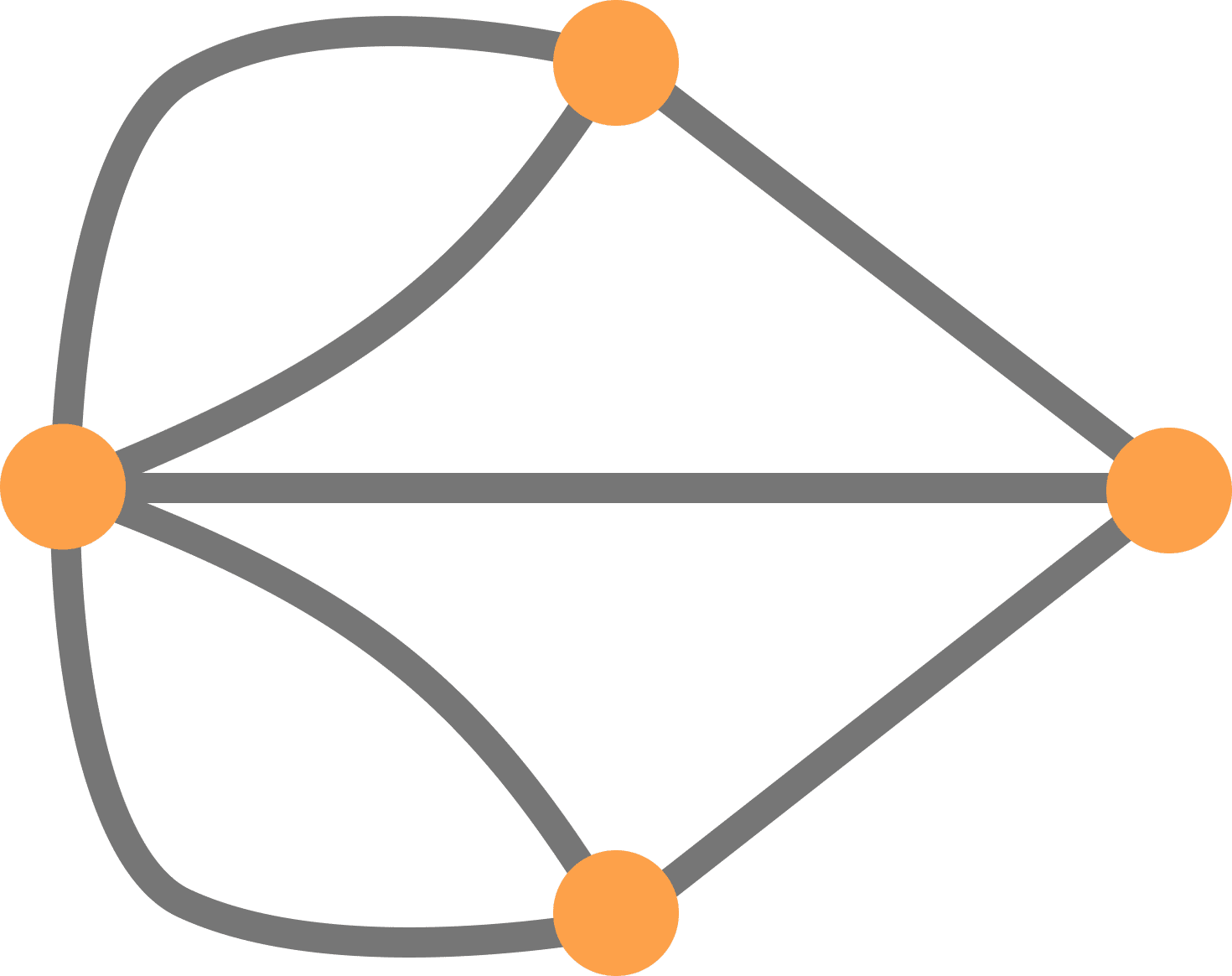COURSE DESCRIPTION
Conflict is an inevitable and pervasive aspect of human interaction, affecting individuals, communities, organizations, and nations alike. In this university course, students will embark on a profound exploration of conflict, its root causes, dynamics, and, most importantly, strategies for effective resolution. Through a blend of theory, real-world case studies, experiential learning, and practical skill development, this course equips students with the tools to not only understand conflict but also to become adept at resolving it constructively.
Course Overview:
This course is designed to provide students with a comprehensive understanding of the nature of conflict, its various manifestations, and the principles and practices of conflict resolution. By examining conflict from multiple perspectives, participants will gain insight into the complexity of human interactions and develop the skills needed to address conflicts in personal, professional, and societal contexts.
COURSE OBJECTIVES | LEARNING OUTCOMES
- Understanding Conflict: Explore the fundamental concepts of conflict, including its definitions, types, and sources. Analyze the role of perception, communication, and culture in conflict development.
- Conflict Analysis: Develop the ability to dissect conflicts, identifying underlying interests, values, and power dynamics. Employ various models and frameworks for analyzing and diagnosing conflicts effectively.
- Conflict Resolution Approaches: Survey a range of conflict resolution approaches, including negotiation, mediation, arbitration, and diplomacy. Examine the strengths and limitations of each method.
- Communication and Conflict: Enhance communication skills necessary for managing and resolving conflicts. Explore active listening, nonverbal communication, and constructive dialogue techniques.
- Conflict in Organizations: Investigate conflict within the context of workplaces and organizations. Explore strategies for managing workplace conflicts, fostering a healthy work environment, and enhancing teamwork.
- Culture, Diversity, and Conflict: Understand how culture, diversity, and identity contribute to conflicts and influence conflict resolution strategies. Embrace cultural competency as a key element in effective resolution.
- International Conflict: Examine conflicts at the international level, including interstate conflicts, peacebuilding efforts, and the role of international organizations and diplomacy.
- Conflict Transformation: Go beyond traditional conflict resolution to explore conflict transformation, which seeks to address the root causes of conflicts and create sustainable peace.
At the end of this course, the student will be able to:
- Understand the nature and dynamics of conflict.
- Demonstrate proficiency in conflict analysis and diagnosis.
- Be familiar with various conflict resolution approaches and when to apply them.
- Improve their communication and negotiation skills.
- Appreciate the role of culture and identity in conflict and resolution.
- Be equipped to contribute constructively to conflict resolution in personal, professional, and societal contexts.
This course empowers students to become effective and informed agents of change in a world where conflict is an ever-present reality. By understanding conflict deeply and acquiring skills in resolution, students will be better prepared to promote peace, understanding, and cooperation in their personal and professional lives..
COURSE CMS SPECIFICS
- Credit value: 3-6 (US standard) | 6-12 (ECTS standard)
- Indicative duration (full-time): 4-10 weeks
- Indicative duration (part-time): 5-12 week
- Certificate: Yes
COURSE METHODOLOGY
This course is based on standard EUCLID methodology with:
- 5 Responses Papers
- 1 Quiz
- 1 Major Paper
- 1 Final Exam
Students may refer to the following resources:
- Academic Guidelines (HQ version)
- Academic Guidelines (most recent version even if unofficial)
- Student Orientation Guidelines (most recent version even if unofficial)
- Zotero instructions for EUCLID students
- Grammarly instructions for EUCLID students
REQUIRED TEXTS AND MATERIAL
Course material is provided in the form of embedded videos, audio MP3s, and/or downloadable PDFs.
COURSE INSTRUCTOR | ASSOCIATED FACULTY

COURSE SYLLABUS | ACCESS TO 7 PERIODS







